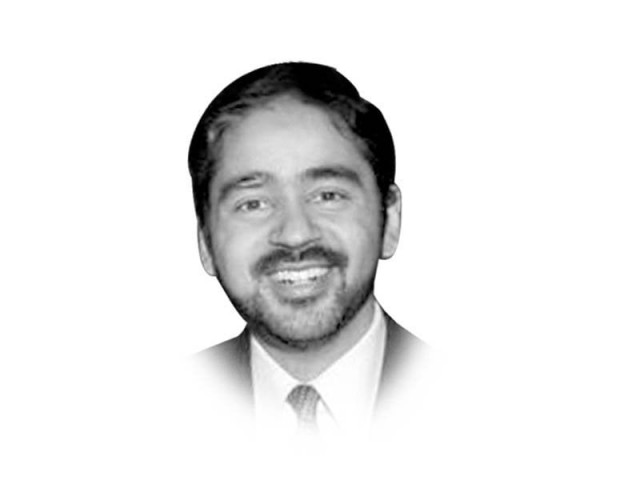Diaspora and higher education
Both academic diaspora and foreign scholars can play a constructive role in shaping society

The writer is a Howard Hughes Medical Institute professor of biomedical engineering, international health and medicine at Boston University.
He tweets @mhzaman
Time to time, the PTI leadership has indicated that they would like to engage the diaspora in nation-building. But as I have argued before, the assumption that diaspora is only a source for cash is not only misguided, it also fails to benefit from expertise of scholars, thought leaders and intellectuals who may care about the progress of the nation. Both academic diaspora and foreign scholars can play a constructive role in shaping society, provided there is trust on both sides and a mutual understanding of a shared vision. From my own engagement with institutions in Pakistan and elsewhere, I believe that four key elements of engagement in higher education are needed for a productive and sustainable relationship.
1) Organic growth: The long-term partnership cannot be driven from the top. Universities and university professors must take the lead on what areas they see as high priority. A top-down approach from the government fails to excite those who are ultimately going to drive the research agenda forward. When given the opportunity university scholars, who own their research enterprise, will find the right people to engage in right problems and in doing so will create new knowledge.
2) Individuals not institutions: Joint MoUs between institutions sound exciting and make for a good story in the news, but they do very little in knowledge creation and intellectual exchange. These MoUs fail to excite individual researchers and are a cash sink for economically-strapped institutions. Instead, universities should work with individuals at foreign institutions, whose research agendas align with their faculty and create individual bonds of trust. The scholar-to-scholar linkage is far more valuable than working with a bureaucratic structure that fails to see value in scholarly exchange. Individual faculty engagement creates trust, signing MoUs creates hype. At this stage, we need a lot more trust than hype. Engagement with foreign scholars, who either have a research interest in Pakistan, or are passionate about development, is going to be far more valuable than signing an MoU with an institution for the sole purposes of showing a foreign linkage.
3) Substance over style: Academia, like many other fields, has both substance and style. You can go after style and continue to chase, or you can focus on substance and create your own style. Certain things may sound cool (or hot!) but may have little to do with actual substance or value for the nation. Instead of going after the flavour of the day, be it in IT or nanotech, focus on building strengths in fundamental disciplines.
4) Finally, and perhaps most importantly, learn from the mistakes of the past. For us, this includes avoiding the errors of the HEC’s foreign faculty hiring programme that brought those who were well past their prime and often wanted to come only to spend time with family. Shorter, meaningful engagements with research-active foreign faculty or diaspora is far more valuable than longer stints of those who are out of touch with research.
The brightness of the future is correlated with the strength of our institutions. May that brightness guide those who learn at our institutions and shape an inclusive future!
Published in The Express Tribune, August 14th, 2018.
Like Opinion & Editorial on Facebook, follow @ETOpEd on Twitter to receive all updates on all our daily pieces.















COMMENTS
Comments are moderated and generally will be posted if they are on-topic and not abusive.
For more information, please see our Comments FAQ